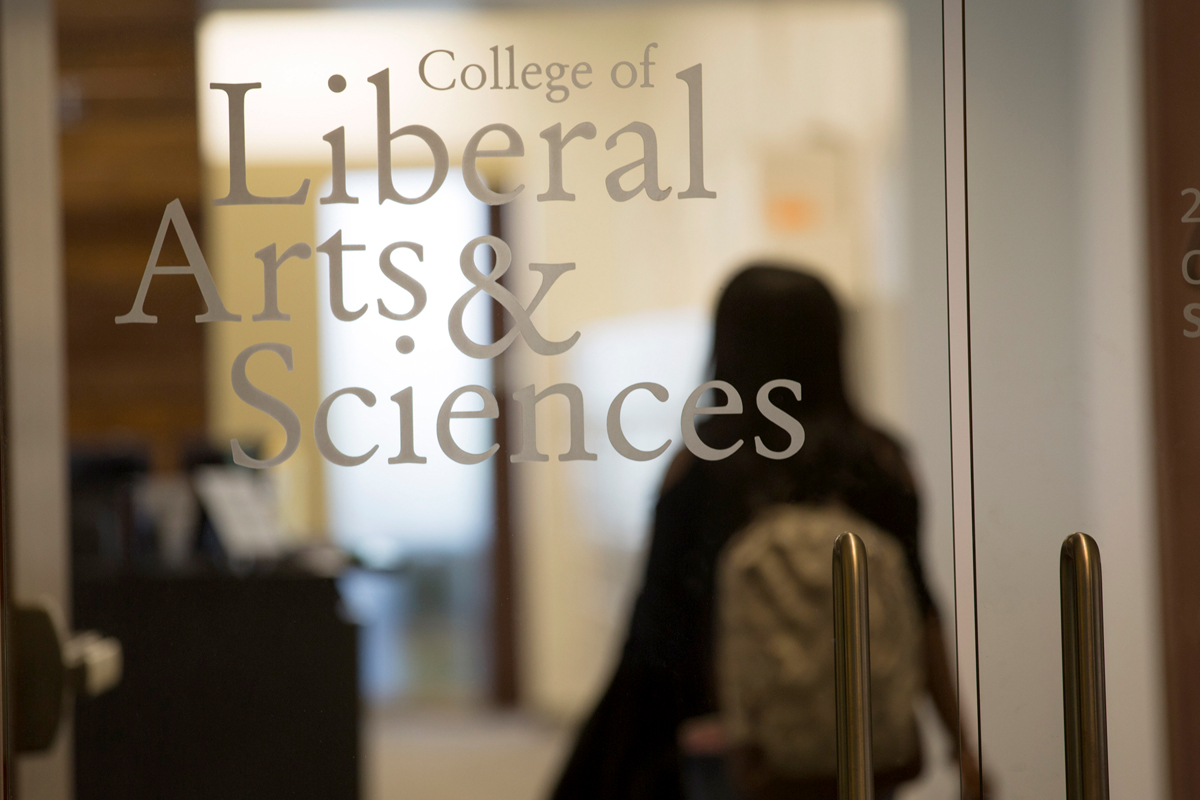French
French is designed to teach students a considerable degree of competence in the written and spoken language, as well as a familiarity with the literature and culture of France and the French-speaking world. It aims to develop a student's critical appreciation of texts in French in both literary and cultural contexts. French offers a large selection of courses in different periods and criticism, as well as courses in composition, stylistics, translation, and linguistics.
Further, it encourages interdisciplinary studies in French through courses emphasizing the relation between literature and the other arts and between literature, history and society. Particularly attractive for many students is the opportunity for the historical and critical study of French film. Most courses are conducted in French, and majors are expected to write papers and examinations in the language.
Three concentrations are offered through French.
Combines a concentration in French with appropriate courses in business, economics, or marketing.
Focuses on courses in literature, language, linguistics, and civilization.
Focuses on preparing students with professional goals of teaching French. For more information about the Degree Requirements, visit http://catalog.illinois.edu/undergraduate/las/teaching-french-ba/
- FR 101—Elementary French I
- FR 102—Elementary French II
- FR 103—Intermediate French I
- FR 104—Intermediate French II
Students should consult with an academic advisor regarding course selection prior to the advanced registration period.
- Acknowledging value systems
- Adapting to other cultures
- Articulate and apply grammatical and syntactic rules
- Assessing needs
- Clarifying ideas
- Collaborating as part of a team
- Communicating between cultures
- Comparing translations / interpretations
- Compiling/recording data
- Determining the needs of others
- Develop an awareness of cultural differences and an appreciation of other cultures
- Explaining complex concepts
- Gathering and evaluating information
- Interpret and translate French texts
- Interviewing non-judgmentally
- Organizing materials/information
- Read, write, listen and speak French
- Reading for content and structure
- Speaking to groups
- Understand the customs and traditions of French -speaking communities
- Understand the structure of the French language
- Understanding cultural diversity
- Understanding historical language change
- Working with original sources in many fields
- Advertising Manager
- Air Traffic Assistant
- Banking Correspondent
- Bilingual Educator
- Bilingual Officers and Tellers
- Civil Service Employee
- FBI Agent
- Filmmaker
- Foreign Correspondent
- Foreign Diplomat
- Foreign Exchange Trader
- Foreign Service Officer
- Foreign Service Peacekeeper
- Foreign Service Specialist
- Foreign Social Worker
- Importer/Exporter
- Intelligence Researcher
- International Conference Planner
- International Consultant
- International Trade Specialist
- Interpreter
- Journalist
- Lawyer
- Librarian
- Linguist
- Missionary
- Multi-Lingual Port Receptionist
- Museum Curator
- National Security Agent
- Negotiator
- Teacher
- Tour Organizer/Guide
- Translator
- Travel Agent
Some careers may require education beyond an undergraduate degree
- Participating in undergraduate research
- Applying for a study abroad experience
- Utilizing resources of The Career Center
- Joining a Registered Student Organization (RSO)
- Join Pi Delta Phi, The National French Honors Society
There are several professional organizations dedicated to French. Their websites might be able to provide a glimpse in the world of French. These organizations include American Translators Association, American Associate of Teachers of French, and French Chamber of Commerce.


